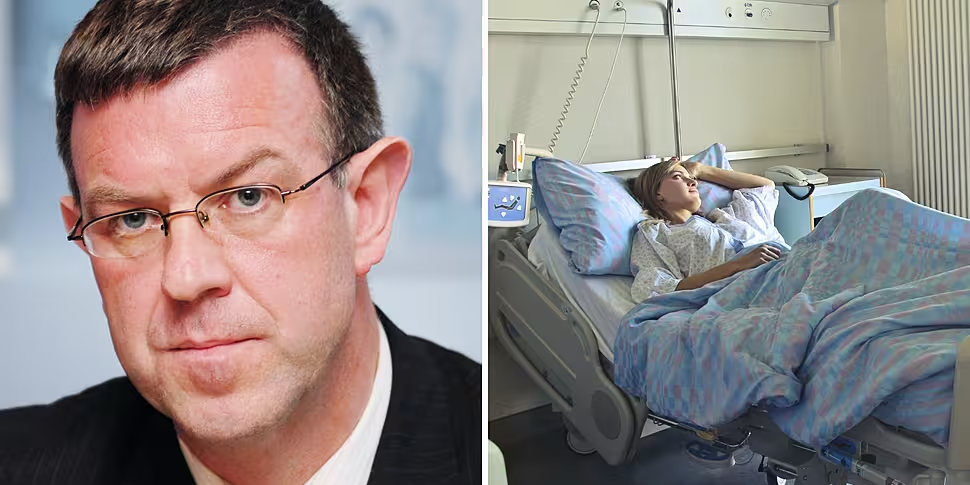The HSE was not aware that patients who were not reimbursed for overseas treatments were “suffering”, according to the Ombudsman.
The Ombudsman has today published a report finding that the HSE has been “unreasonable and inflexible” when it comes to overseas care payments.
The report finds that the health service repeatedly refused to reimburse the legitimate expenses of patients who received medical treatments abroad.
The HSE provides approximately 5,000 reimbursements per year to citizens who had to travel to another EU/EEA country or the UK for medical treatments.
Despite that, Ombudsman Ger Deering told Breakfast Briefing that many patients were refused reimbursements “through no fault of their own”.
“In some cases, if there was an issue with the initial referral letter that maybe the person received from the GP, if it wasn't properly signed or dated – that isn’t the fault of the patient," he said.
“The real problem was that there was no way of rectifying that at a later stage, when you came to claim your refund of your legitimate money spent on the treatment.”
Debt
Mr Deering said the HSE’s actions have put some people in considerable debt.
“The fact that people are applying for the scheme's most likely means that they’re of limited means and that was the issue really for some people.”
He said:“They borrowed money from relatives, or they borrowed money from the Credit Union, in the fairly certain knowledge, in their view, that it was a matter of time before the HSE would pay for the treatment.”
Returning €11,500 to the HSE
According to the report, one woman was asked to return €11,500 to the HSE after they failed to inform her that she would not qualify for the scheme because of her pension from the UK.
Mr Deering said a number of people who applied for reimbursements have UK pensions and “made it clear they had UK pensions when they were asked”.
“But initially, the HSE hasn't actually asked about those - whether or not there's another pension,” he said.
“So people didn't know that there was an issue if they had a pension from abroad.”
“The HSE then sought to recoup that money from those people, which those people have planned in good faith and received in good faith.”
Recommendations
Mr Deering said he met with HSE CEO Bernard Gloster who agreed to implement all 21 recommendations made by the report.
The Ombudsman said the HSE was “surprised” by “the extent of hardship” Irish people faced because of the scheme – and he is “pleased” with the changes they are now making.
He said one of the main recommendations is to provide better information and improve the application process.
Mr Deering still encouraged people to avail of the scheme: "Until we're able to provide change, these are good schemes, and I would recommend to people that they explore them where appropriate.”
You can listen back here:









